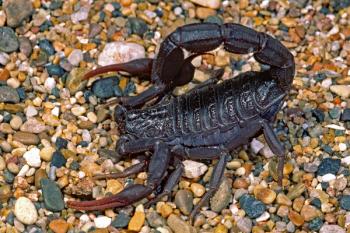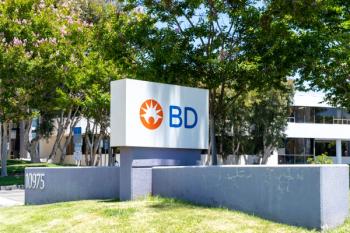
Mass Spectrometry Used to Identify Proteins in Fossils
Scientists from North Carolina State University (Raleigh, North Carolina) and Harvard University (Cambridge, Massachusetts) have used Thermo Fisher Scientific (San Jose, California) LTQ linear ion trap and LTQ Orbitrap XL mass spectrometers to extract and sequence tiny pieces of collagen protein from a dinosaur and a mastodon.
Scientists from North Carolina State University (Raleigh, North Carolina) and Harvard University (Cambridge, Massachusetts) have used Thermo Fisher Scientific (San Jose, California) LTQ linear ion trap and LTQ Orbitrap XL mass spectrometers to extract and sequence tiny pieces of collagen protein from a dinosaur and a mastodon. The sequences from a 68 million-year-old Tyrannosaurus Rex and a 160,000?600,000-year-old mastodon are the oldest to be reported. The protein fragments were compared with peptide?protein sequences in existing databases, which led researchers to propose a link between the T. rex and current day chickens and the mastodon with modern elephants.
Newsletter
Join the global community of analytical scientists who trust LCGC for insights on the latest techniques, trends, and expert solutions in chromatography.




